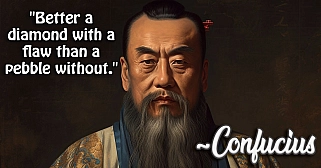Plato: The Philosopher Who Shaped Western Thought
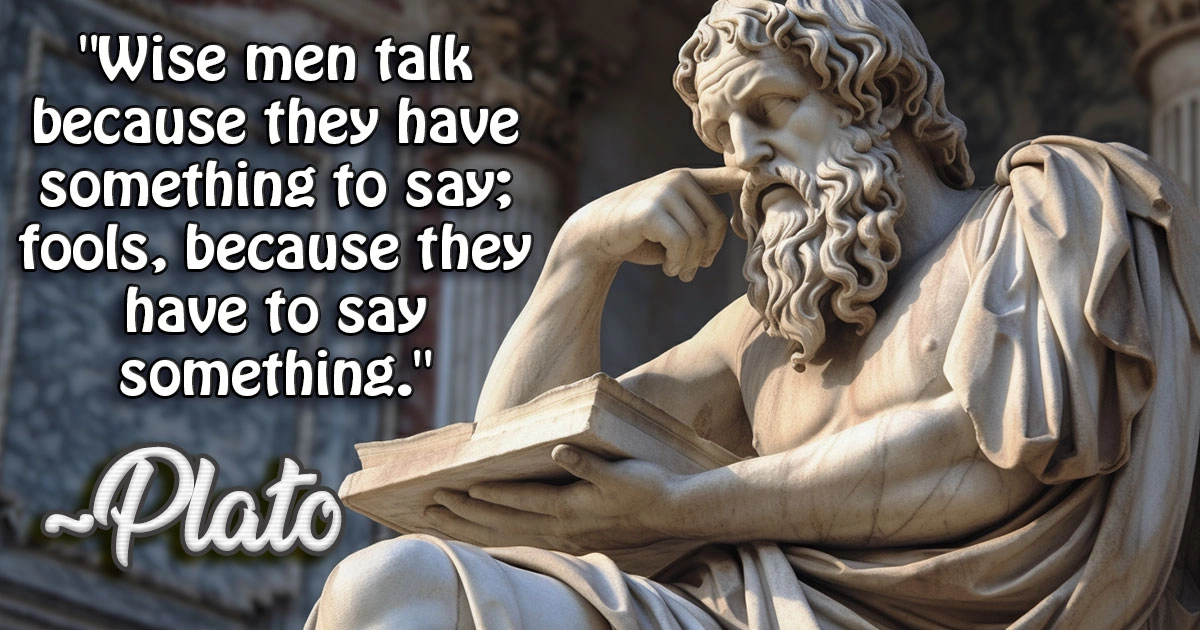
Plato
Early Life and Background
Plato, one of history's most influential philosophers, was born around 427 BCE in Athens, Greece, into an aristocratic family. His father, Ariston, claimed descent from the kings of Athens, while his mother, Perictione, was related to the renowned lawmaker Solon. Plato's upbringing in this intellectually stimulating environment exposed him to diverse cultural and political influences.

Initially, Plato aspired to a career in politics. However, his plans changed dramatically when he encountered Socrates, a philosopher whose methods and ideas profoundly influenced him. Plato became a devoted student of Socrates, embracing his mentor's approach to philosophy, which emphasized dialogue, ethical inquiry, and the pursuit of truth.

The Influence of Socrates
Socrates' impact on Plato was profound and enduring. Through Socratic dialogue, Plato learned to question conventional wisdom and seek deeper understanding. The trial and execution of Socrates in 399 BCE for allegedly corrupting the youth of Athens and impiety had a lasting effect on Plato. He became disillusioned with the political system that condemned his mentor and decided to dedicate his life to philosophy.
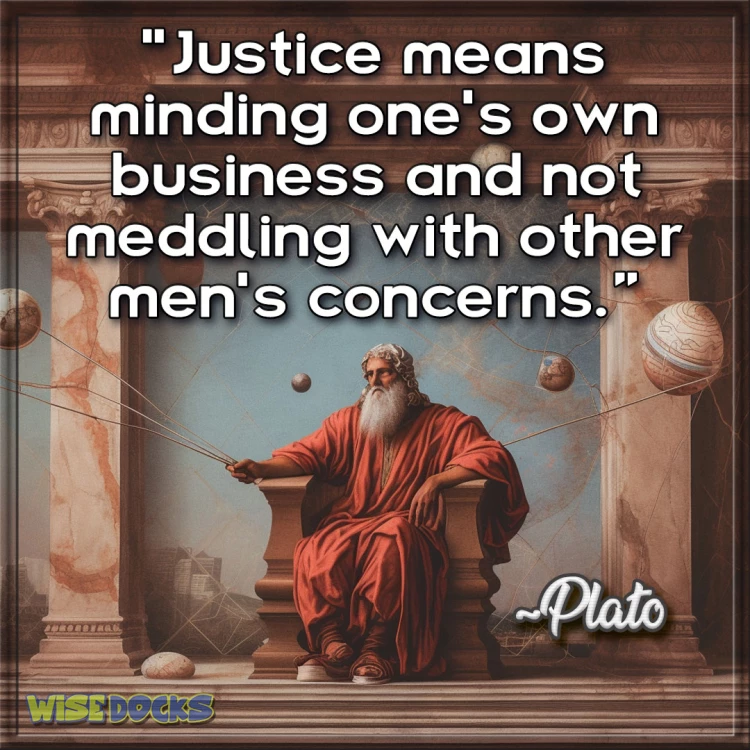
Plato began writing extensively, documenting Socratic dialogues and developing his own philosophical ideas. His early works, often referred to as the Socratic dialogues, serve as a tribute to Socrates and provide insights into the ethical and epistemological questions that preoccupied both philosophers.
Founding the Academy
In 387 BCE, Plato founded the Academy in Athens, one of the earliest institutions of higher learning in the Western world. The Academy attracted students from across the Greek world, including the young Aristotle, who would later become a prominent philosopher himself. The Academy became a hub for intellectual exchange and rigorous inquiry, where students engaged in discussions on a wide range of subjects, including philosophy, mathematics, astronomy, and political theory.
Plato’s teaching methods at the Academy emphasized dialectical reasoning and critical thinking. He encouraged his students to question assumptions and explore ideas through dialogue, a pedagogical approach that has influenced educational practices to this day.
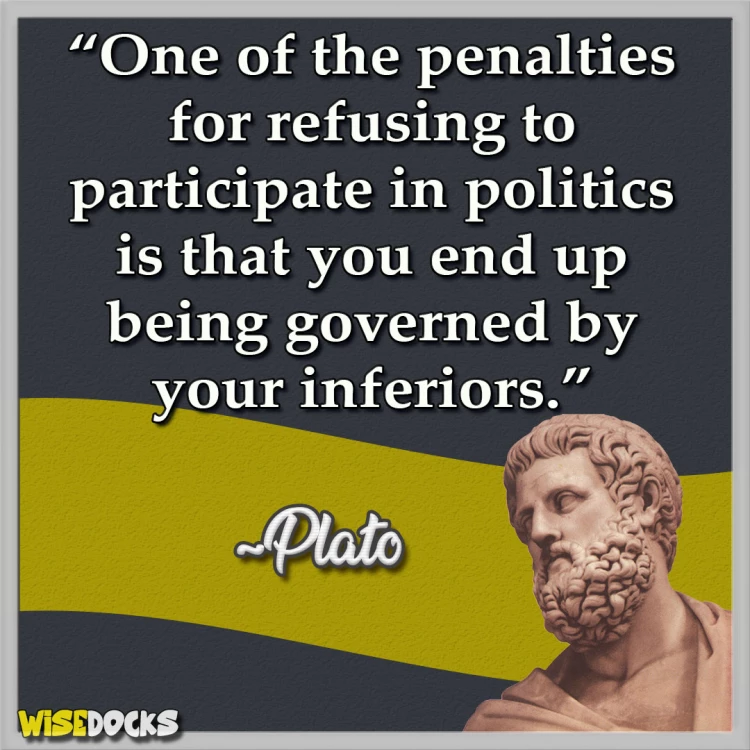
The Dialogues and Philosophical Ideas
Plato's written works, known as dialogues, cover a wide array of philosophical topics. His most famous dialogues include "The Republic," "Phaedrus," "Symposium," and "Timaeus." Through these texts, Plato explored fundamental questions about justice, reality, knowledge, love, and the nature of the soul.
One of Plato's most significant contributions to philosophy is his Theory of Forms. He posited that the physical world is a mere shadow of a higher, unchanging reality composed of abstract Forms or Ideas. According to Plato, true knowledge can only be attained by contemplating these eternal Forms, which represent the perfect essence of various concepts such as beauty, justice, and equality.
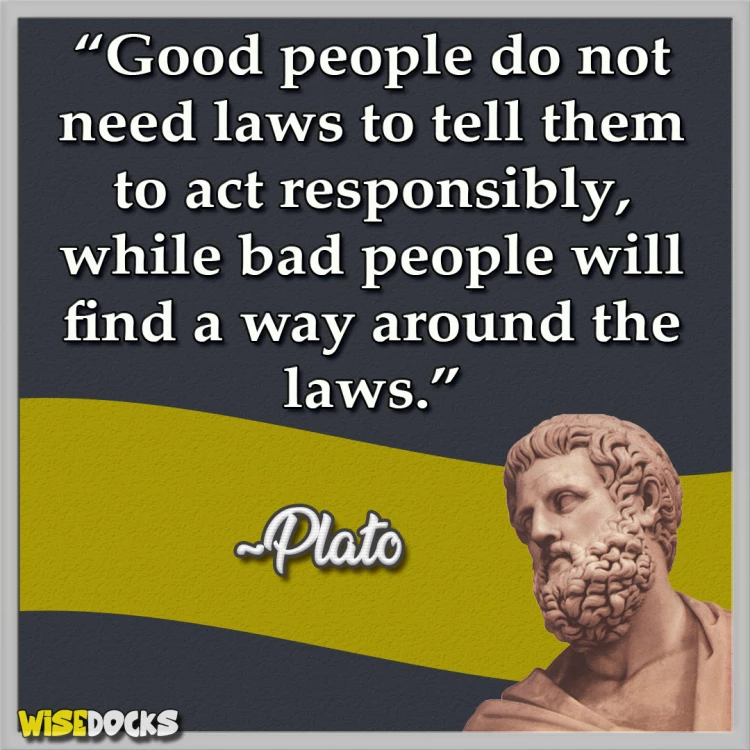
In "The Republic," Plato presented his vision of an ideal society ruled by philosopher-kings, individuals who possess both wisdom and a deep understanding of the Forms. He argued that a just society is one in which each individual performs the role for which they are best suited, guided by reason and virtue.
Influence on Western Philosophy
Plato's influence on Western philosophy is immeasurable. His ideas have shaped the development of metaphysics, epistemology, ethics, and political theory. The dialogues serve as foundational texts for subsequent philosophical inquiry, providing a rich source of inspiration and debate for centuries.
Plato's concept of the philosopher-king influenced political thought throughout history, inspiring thinkers such as Augustine, Thomas More, and Karl Marx. His Theory of Forms laid the groundwork for subsequent metaphysical discussions, influencing philosophers like Plotinus and Immanuel Kant.
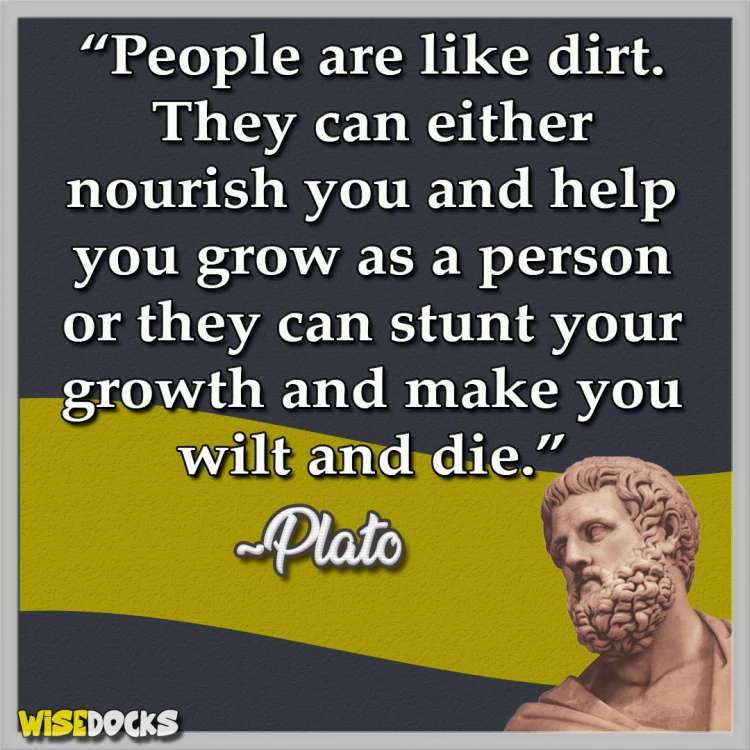
Later Life and Legacy
Plato continued to write and teach at the Academy until his death around 347 BCE. His intellectual legacy endured through his students and the continued operation of the Academy, which persisted for several centuries after his death.
Plato's influence extends beyond philosophy. His ideas have permeated literature, art, science, and education, contributing to the intellectual heritage of Western civilization. The dialogues remain central texts in the study of philosophy, continuing to challenge and inspire new generations of thinkers.

Plato's life and work were characterized by a relentless pursuit of truth and a commitment to intellectual rigor. His philosophical contributions have left an indelible mark on Western thought, shaping the way we understand knowledge, reality, and ethics. Through his dialogues and the establishment of the Academy, Plato laid the foundations for a tradition of inquiry that continues to thrive. His legacy as a philosopher, teacher, and thinker endures, reminding us of the enduring power of ideas to transform the world.


